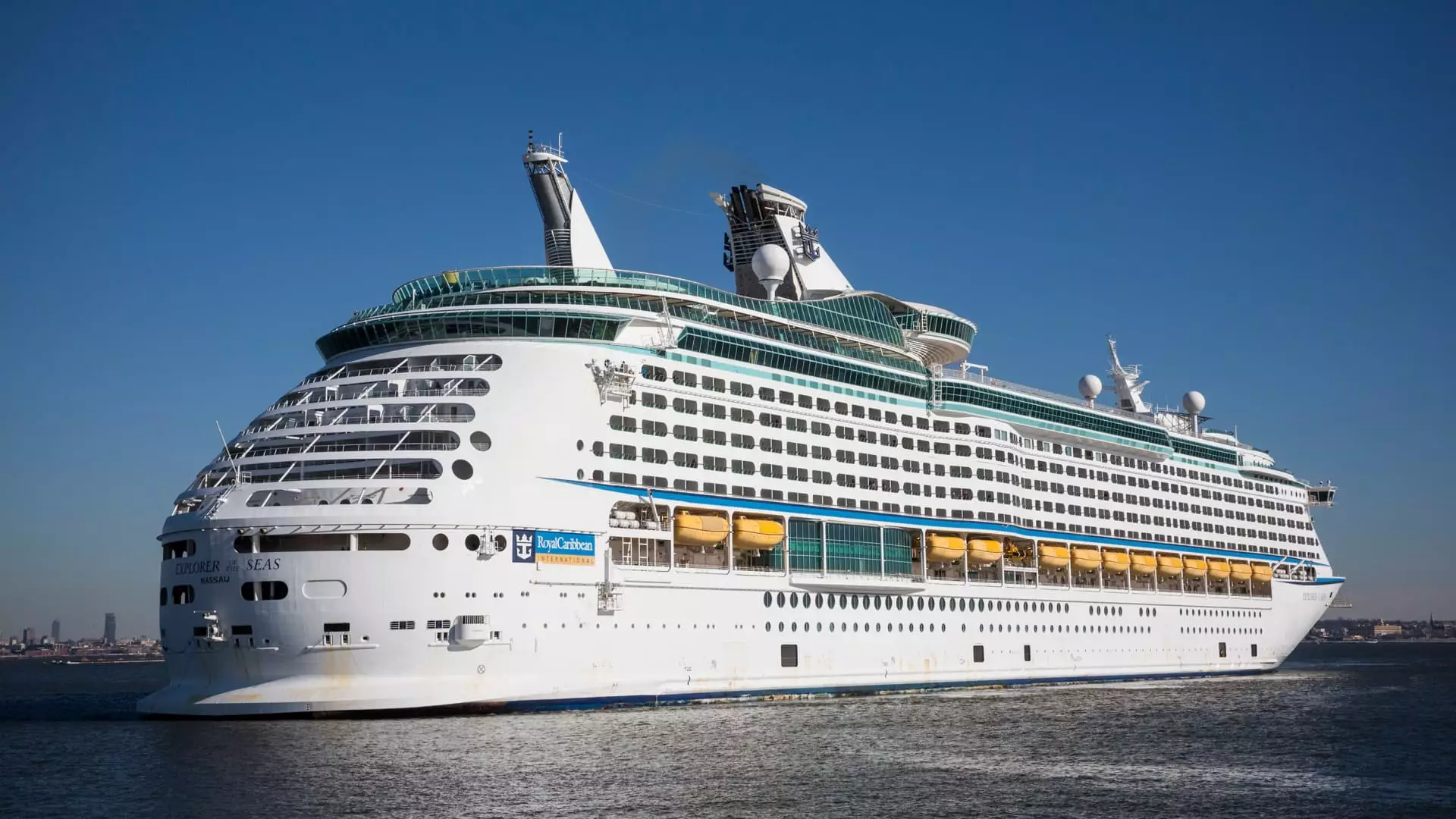The recent comments made by U.S. Commerce Secretary Howard Lutnick sent shockwaves through the cruise industry, resulting in a significant downturn for several major cruise line stocks. On a segment aired on Fox News, Lutnick highlighted the lack of U.S. flags on cruise ships and implied that the current tax landscape is unfavorable, stating, “None of them pay taxes.” As a result, Carnival saw a 5% dip, while Royal Caribbean and Norwegian Cruise Line experienced losses of up to 7% and 10%, respectively. This immediate financial impact underscores the volatility the cruise sector faces in the wake of legislative discussions.
Amidst the panic, analysts at Stifel Financial characterized the sharp decline as a “massive overreaction.” Drawing from historical precedents, they noted that similar calls to reform cruise line tax structures have surfaced multiple times in the past, often without substantial progress. This skepticism suggests that investors might find a buying opportunity in the aftermath of such drastic market reactions. Stifel’s analysts emphasized that the current tax categorization of cruise lines as part of the cargo industry presents formidable challenges for any proposed changes in taxation, as it would necessitate a comprehensive overhaul affecting a wide array of vessels.
The cruise sector’s response to such tax scrutiny could involve relocating corporate entities offshore, a move that would likely reduce domestic employment opportunities. Notably, with a significant majority of cruises operating in international waters, the cruise lines could effectively shield themselves from U.S. taxation. This tactic would raise concerns regarding job sustainability in America, as cruise companies might prioritize operational cost-effectiveness.
In defense of the industry’s reputation, the Cruise Lines International Association (CLIA) reported that the cruise business contributes approximately $2.5 billion in taxes and fees in the U.S. alone. This figure accounts for a staggering 65% of the global tax contributions made by cruise lines, highlighting that even with a minimal number of operations within U.S. waters, the economic impact is substantial. This assertion presents a counter-narrative to the damaging claims regarding tax avoidance, reinforcing the notion that the industry participates actively in the national economy.
Stifel Financial remains optimistic about the cruise industry, maintaining buy recommendations for key players including Carnival, Royal Caribbean, Norwegian, and Viking, along with other notable entities like Lindblad Expeditions and OneSpaWorld Holdings. Despite the current turbulence spurred by political discourse, the long-term potential for recovery exists, predicated on the historical resilience of the sector and its ability to navigate regulatory changes. Investors, therefore, may wish to tread carefully yet strategically in capitalizing on what may currently be mispriced opportunities in the cruise stock market.
While the immediate outlook is fraught with uncertainty, informed investor confidence and the cruise industry’s substantial tax contributions may play pivotal roles in reshaping perceptions and financial trajectories in the weeks to come.

